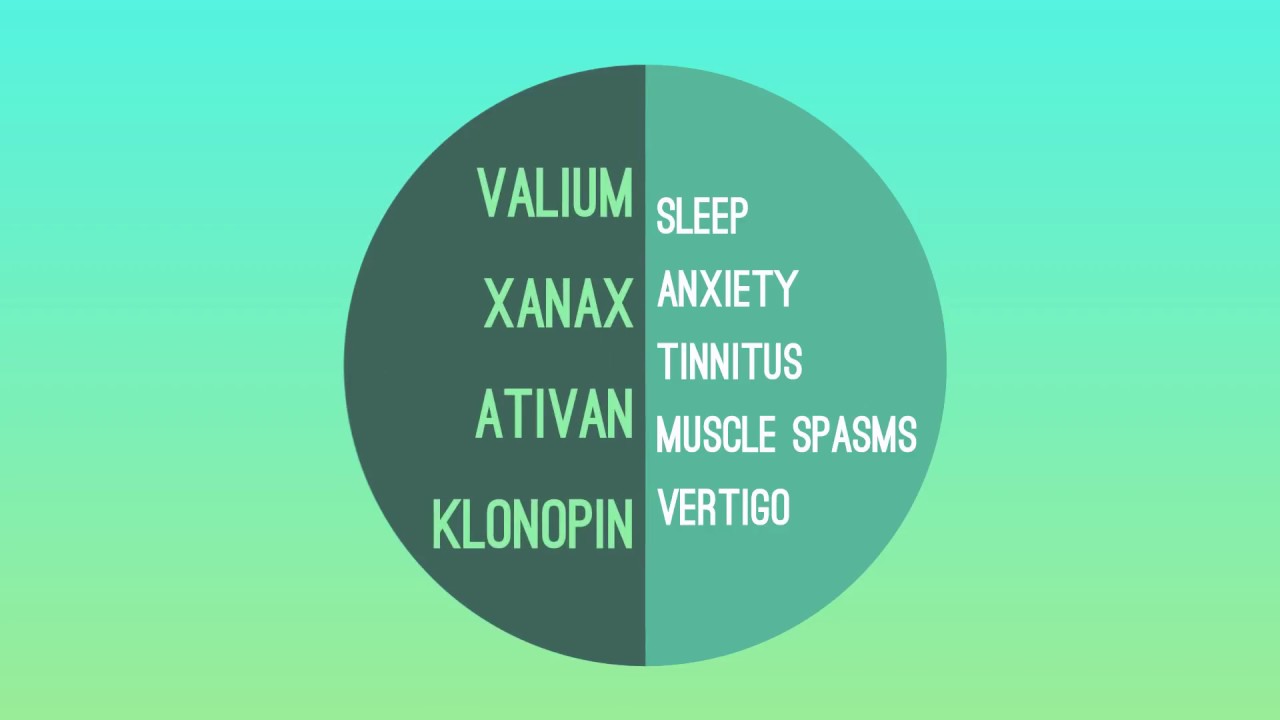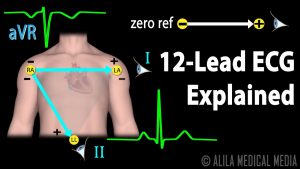http://w-bad.org ► Are you or someone you know or love taking (or thinking about starting) a benzodiazepine or Z-drug? Benzodiazepines (Xanax, Klonopin, Ativan, Valium, Librium, and others) as well as Z-drugs (Ambien, Lunesta and others), which are similar, have the most debilitating withdrawal reactions in all of medicine. This happens in regular, everyday people who are taking the medications exactly as their doctor prescribed. It also happens to people on what they think are “low doses” and is not just a “high dose” problem. This happens because the prescribing guidelines for this class of drug recommend short-term (less than 2-4 weeks) use only, yet doctors are prescribing them for much longer. Even worse, these unsuspecting patients are given no warning (or informed consent) by their doctor about these risks and dangers before taking the prescription past the recommended timeline. The patients think the drugs are “safe” because they are prescribed when they are actually quite dangerous medications that are capable of inflicting sometimes severe and life-threatening withdrawal syndromes which are known, for some people, to persist for many years. Experts and studies estimate that as many as sixty percent of people taking benzodiazepines (such as Xanax, Klonopin, Ativan, Valium) and/or Z-drugs (aka nonbenzodiazepines, like Ambien) for more than the recommended 2-4 week time period will develop physical dependence, adverse effects, and withdrawal? 60% is actually a conservative percentage, as some other sources indicate that “50-80% of people regularly taking benzodiazepines (even in ‘low dose’) for longer than a few months will develop a physical tolerance to the drug and become dependent, resulting in difficulty stopping benzodiazepines because of withdrawal symptoms”. 30% of long-term users will experience severe withdrawal or adverse effects which may include seizures, hallucinations, psychosis, akathisia, and sometimes suicide or death (people are especially at risk for severe withdrawal if they over-rapidly taper or cold-turkey their benzodiazepine/Z-drug). The tapers to discontinue these medications, once you’ve taken them past 2-4 weeks and depending on dose, can last many months or years (please see http://w-bad.org/slow-tapering-protocols/ for slow tapering protocol guidance). About 10-15% of people who withdraw will develop a protracted withdrawal syndrome which can potentially persist for many years (there are anecdotal reports of it persisting up to five, seven, and even ten years post-cessation.). Others, even after a slow, gradual reduction of the benzodiazepine or Z-drug will experience withdrawal that lasts for up to 18 months post-cessation. Physical dependence is a physical condition, a state of adaptation in the body caused by chronic use of a tolerance forming drug, in which abrupt or gradual drug withdrawal causes withdrawal. When someone becomes physically dependent to benzodiazepines (or Z-drugs), they are also at risk for developing tolerance. With benzodiazepines/Z-drugs, specifically, when the receptors in the brain become adapted or accustomed to the action of the original dose of BZ, more of the drug is needed in order for the desired therapeutic effect (or the original effect at the original dose) to be achieved. This means that the drug loses its effectiveness and the person taking it can begin to experience withdrawal symptoms while still taking the prescribed dose of the drug. Some common symptoms of tolerance include increasing anxiety, panic attacks, development of agoraphobia for the first time, interdose withdrawal (withdrawal symptoms emerging in between doses), as well as a plethora of other physical/neurological/psychological symptoms. This professional and powerful video features the words and voices of real, actual victims of these medications and their families and gives a firsthand look at the devastation caused by the irresponsible prescription of benzodiazepines. This video offers vital information on the risks of benzodiazepine prescription past the recommended 2-4 week guidelines, which is a worldwide epidemic. By spreading the word about taken-as-prescribed benzodiazepine risks, harms, and dangers, we at W-BAD (World Benzodiazepine Awareness Day) hope to bring awareness to the general public and the medical community about this problem before more people are needlessly harmed. Please help share this video with everyone you know and, together, we can prevent more victims of iatrogenic (caused by medicine) dependence, withdrawal, and injury from prescribed benzodiazepines and Z-drugs.Find out more or join us in raising awareness with W-BAD on July 11th at http://w-bad.org Note: W-BAD does not seek to restrict access to these drugs for those who feel that they may benefit from them, nor does it seek to force anyone to stop or reduce against their own will. ►Find W-BAD on Social Media: Facebook ► @WorldBenzoDay Twitter ► @WorldBenzoDay

The risks of taking benzodiazepines (Klonopin, Xanax, Ativan) as prescribed
- Post author:
- Post published:May 26, 2021
- Post category:Uncategorized
- Post comments:0 Comments
You Might Also Like

Upper Body BODYBUILDING Routine

Gluteus Exercise : Dynamic Exercises

Milk Nutrition & Processing Video – 2

“The Best Hamstring Stretch Ever” – BHSE

5 KILLER Chest Exercises With NO BENCH (GRUUUUESOME!!)

HMG CoA Reductase Inhibitors (Statins) | MedMaster | Pharmacology for Nursing Students

What is Arthritis – Causes, Symptoms, Treatments and Diet Tips in English

Best Protein Powder for WEIGHT LOSS & MUSCLE BUILDING | Shake to Build Muscle | Top Supplements 2017

Geriatric Physiotherapy Video – 7

Constipation Nutrition Video – 1

Abscess Symptoms

Veeramachaneni ramakrishna’s diet plan for diabetis and weight loss | brief diet list in telugu

Fulsetron 30 ml Uses | Ondansetron Oral Solution Uses, Side Effects, How To Use, Price, Precautions

Seated Calf Raise-5

Tadalafil (Cialis) for Erectile Dysfunction – 5mg, 10mg, 20mg – Uses, Dosage & Side Effects

Glycine The Best Amino Acid✔️

Surya Namaskar Video – 4

Eat Fat To Burn Fat | Health and Fitness Tips | Guru Mann

Tiger Shroff’s Workout Regime For Heropanti

Insulin Resistance

Lying Triceps Extension-8

Abel Albonetti’s Six-Pack Supersets

Thyroid Hormone Synthesis

6 components of Skill related fitness

Intermittent Fasting & Fasting Video – 23

Neurodevelopmental Disorder Video – 4

One Arm Dumbbell Row – Back Exercise – Bodybuilding.com

Overweight & Obesity Video – 29

Asitis Creatine Monohydrate Benefits in Hindi | Creatine Monohydrate for Muscle and Strength Gain

12 Lead ECG Explained, Animation

ENDOCRINE SYSTEM: THYROID AND STEROID HORMONE ACTION

2D & 3D Ultrasound Side By Side Preview (Sonography)

Pronunciation of Anaerobic | Definition of Anaerobic

Exercise Anatomy Video – 3

Oral And Maxillofacial Surgery Video – 3

Muscle Building Workout & Squats

What’s Your Body Type – Endomorph Workout

GCSE Science Revision Biology “Control of Blood Glucose Concentration”

Kriya Video – 6

tablet capsule strip packing

Which Body Type Are YOU? (3 Tips For Each!)

